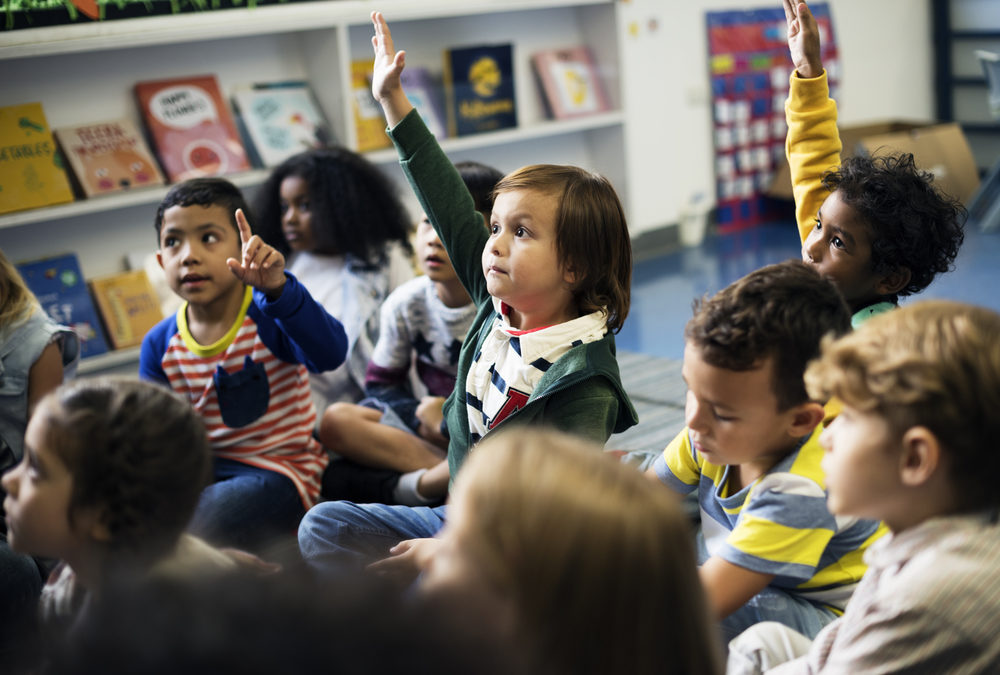Like in other education approaches, people have various options for full-day kindergarten. It is no surprise since it may have favorable or adverse effects on introducing education to children. In addition, it is a program that calls for an adjustment for entire school communities. Moreover, it may demand something from parents and the school.
Before we dig into the disadvantages, let’s go over the benefits of full-day kindergarten. Some studies cited that full-day kindergarten enhances the social skills of students, as well their advantage in academics. With more exposure time in an educational environment, students enjoy more experiential learning and explorations in various subjects.
Another cited advantage of full-day kindergarten is it helps working parents in childcare, effort or budget-wise. Also, with full-day classes, educators have opportunities to understand the abilities and needs of their kindergarten students.
On the other hand, several reports suggest this program is unideal for young students for some practical reasons:
Stressful for children
Not all students are even ready to attend their kindergarten, personally and academically. Thus, what more if they need to endure classes for more hours every school day. Some argue it is stressful and hinders their interest in learning. Instead, students feel that schooling can be just a tiring task. Apart from these, full-day kindergarten steals their time to sleep in the day (MindMeister, n.d, p.1).
Another related concern in this is children will lose time to be with their families. Spending a full day of class in school also means fewer bonding moments between children and their families and friends back home. Plus, they may be away from things that make them relax and passionate.
Cause costly expenses

Choosing full-day kindergarten classes can also mean shelling out more for resources to use. For parents, it may require raising their funds for education. If the tuition happens to be free, it is their government that shoulders the expense. Which, if needed, may prompt a tax increase.
To elaborate on the expenses for full-day kindergarten, it generally requires additional teachers or teacher aides. It also demands expanded or more spaces to accommodate full-day activities. Some governments find this problematic because it affects their funds for different educational programs and budgets for public schools (Rushowy, 2013, p.1).
Pressure on the entire community
The financial aspect is not the only concern in full-day kindergarten. Some also question the readiness and capacity of the school communities to sustain this program. It is a must that each of its members—students, parents, and schools—is all set to accomplish the mission of having a full-day kindergarten.
Another concern about this program is its lasting impact on the child. Some educators point out that full-day kindergarten may be beneficial for the present or phase of education. However, no concrete studies yet prove it is the key to long-term academic achievement. Moreover, it is questionable for some people if it has a positive effect on the overall development of young children.
As full-day kindergarten has pros and cons, many suggest making it an option along with a half-day program. It is up to the parents to decide which is better for their kids.


Recent Comments